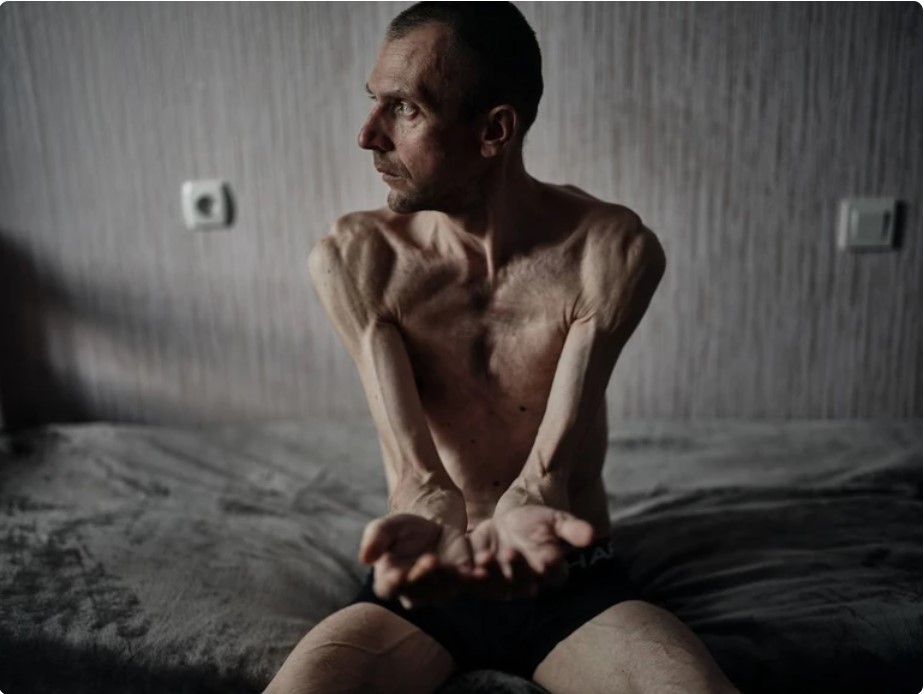Russia eliminates monitoring of facilities where beatings, electrocution becomes standard practice against Ukrainian POWs

Ukrainian Parliament Commissioner for Human Rights Dmytro Lubinets commented on Russia’s intention to withdraw from the European Convention for the Prevention of Torture. He stressed that such a move demonstrates the Kremlin’s disregard for human rights and paves the way for even greater crimes against Ukrainians.
Russia leaves the convention: what it means
Recently, Moscow has announced its withdrawal from the European Torture Convention, which not only prohibits torture but also provides for monitoring of places of detention. Previously, this was carried out by the European Committee for the Prevention of Torture.
According to Lubinets, this decision has several dangerous consequences:
- avoiding international monitoring of torture in prisons and in temporarily occupied territories;
- the loss of legal and judicial mechanisms of pressure on Russia;
- the effective removal of responsibility before the Council of Europe.
“The aggressor state shows that it does not care about human rights and no longer recognizes European norms,” the Ukrainian ombudsman stated.
Threat of mass human rights violations
Russia, which for years has carried out arbitrary detentions, torture, and violence against prisoners of war and civilians, is now officially refusing even its formal international obligations.
Ukrainian journalist abducted from his garden in 2022 returns from Russian captivity weighing less than 45 kg
Lubinets stressed that impunity only breeds new crimes and creates a threat to the global rule of law.
“Such actions by Russia create risks of widespread human rights violations, especially during armed conflicts,” he noted.
What the world must do
Despite Russia’s withdrawal, other international mechanisms remain. Lubinets emphasized the importance of:
- using the UN Convention against Torture;
- cooperating with the International Committee of the Red Cross;
- documenting Russia’s crimes and transferring them to the International Criminal Court;
- imposing sanctions against those involved in torture.
“Torture is part of Russia’s state policy,” Lubinets concluded.